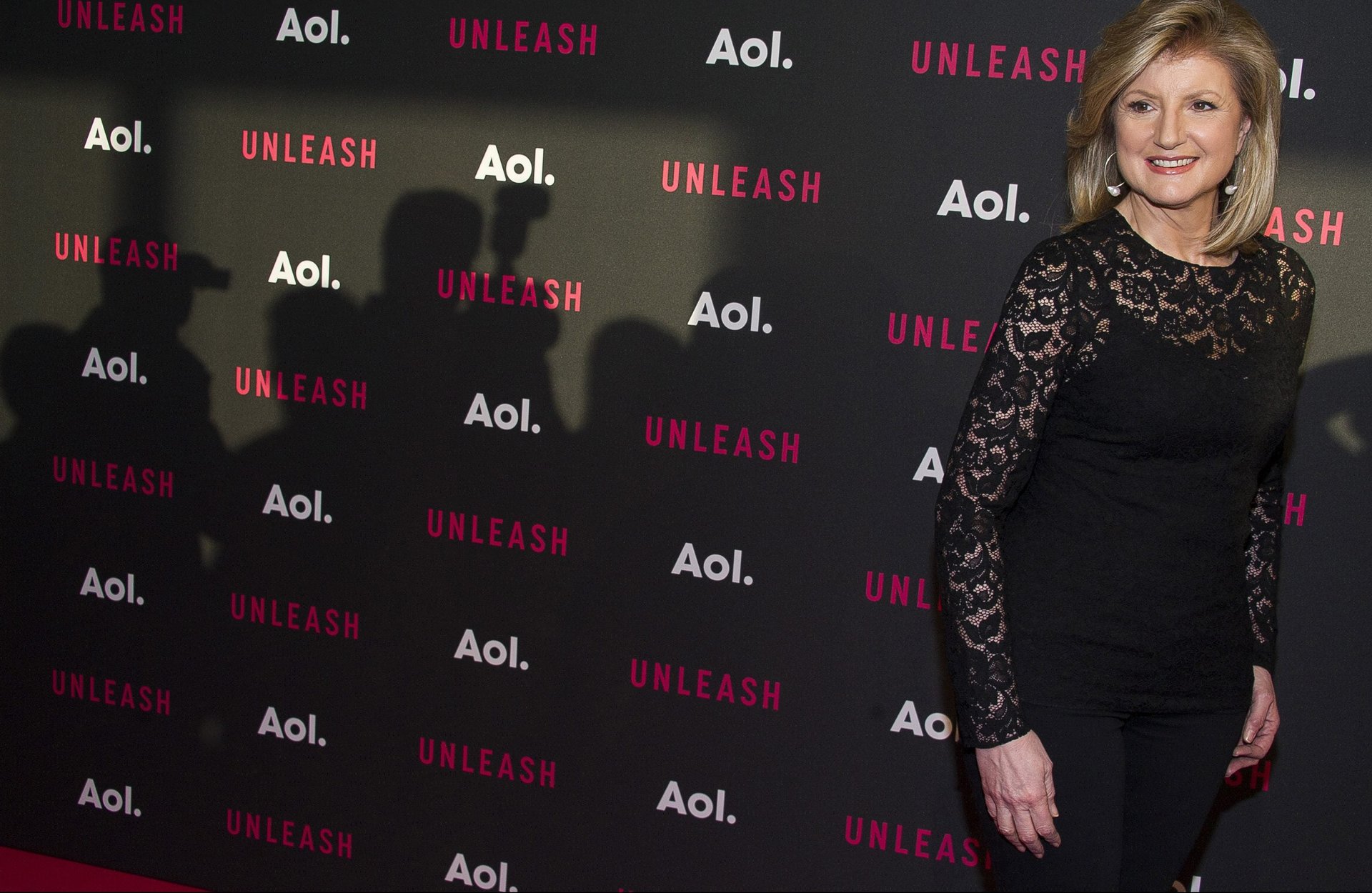The people within Uber who could potentially replace Travis Kalanick as CEO
Travis Kalanick is out at Uber.


Travis Kalanick is out at Uber.
Yesterday (June 20) the controversial leader resigned as CEO of the $70 billion ride-sharing company after five major investors urged him to step down, according to the New York Times (paywall). He’ll reportedly remain on Uber’s board.
The unraveling of Kalanick’s reign (and the company’s bro culture) started in February when former Uber engineer Susan Fowler detailed allegations of rampant sexism at the firm in a blog post.
Since then, Uber has investigated claims of harassment, discrimination, and bullying, subsequently firing more than 20 employees. Meanwhile a number of senior executives have jumped ship (paywall).
With this exodus, the top of the organization already resembles a slice of Swiss cheese. Now, in addition to five vacancies for senior executives, Uber will soon be on the hunt for a new CEO. (It has been run by a committee of senior executives since Kalanick announced last week that he was taking an indefinite leave of absence.)
Here are six internal candidates, including a few wildcards, who could replace Kalanick:
Garrett Camp, co-founder and chairman
Who better to take Kalanick’s place than his co-founder and Uber’s current chairman?
Kalanick and Garrett Camp came up with the idea of developing a ride-hailing app in 2008, and they established Uber in San Francisco in 2009. While Camp, estimated to be worth $6.3 billion by Forbes, hasn’t been heavily involved in Uber’s day-to-day operations, his history with the company, role as chairman, and CEO experience make him an obvious candidate. Before Uber, he developed the web discovery engine StumbleUpon with his friends in 2002, stepping down as CEO 10 years later.
Ryan Graves, former CEO and employee No. 1
Ryan Graves joined Uber in 2010 as the company’s first employee and CEO. A foil to Kalanick, Graves has been described as a well-liked and vital figure in the company, and employees have said in the past his positive attitude helped improve Uber’s culture. But as Uber tries to change its image, Graves might not be the best face for it. Recode reported in May he was investigated internally because he was overseeing human resources when Fowler reported claims of sexual harassment.
Jeff Holden, chief product officer
When Jeff Holden joined Uber in 2014, Kalanick described him as “a strong strategic thought partner for the executive team and someone with whom I can spar to solve Uber’s hardest problems and invent our future.”
Holden came to Uber with an extensive technical background in e-commerce. He previously served as the senior VP of product management at Groupon, and before that he was at Amazon, where he spent almost nine years in roles including senior VP of worldwide discovery and senior VP of consumer appliances. At Uber, he has been in charge of major projects, such as the company’s self-driving-car technology, its carpooling feature UberPool, and the quirky yet innovative flying car concept UberElevate (pdf), which the company has said it plans to demonstrate as soon as 2020.
Jason Droege, head of UberEverything
Jason Droege joined the company as head of UberEverything in 2014, leading the experimental arm of new gambits outside the core business. Considered “a startup within a startup,” UberEverything, which includes the food-delivery services UberEATS and UberRUSH, is reportedly thought of within the company as potentially larger than ride-sharing. Droege has also played a key role in helping Uber decide which markets to enter and abandon for its food-delivery business.
Arianna Huffington, board member
Arianna Huffington joined the board just last year but has become the face of the company recently while doing damage control amid reports of Uber’s misogynistic culture. She has stood by Kalanick (paywall), addressed the company’s workplace scandal, and been involved in internal investigations. In a video and statement welcoming Huffington to the board, Kalanick described her as “an inspiration to me” and said she “embodies the type of optimistic leadership we need as Uber continues to grow.” She is also close with Kalanick, and their relationship has reportedly caused discomfort (paywall) for some Uber executives. She visited his father when he was in the hospital due to a boating accident last month, the same accident that killed Kalanick’s mother.
Cheng Wei, CEO of Didi and Uber board member
It would certainly be an unusual choice for Cheng Wei, the young CEO of Beijing-based Didi Chuxing, to lead Uber, given his history with the company. A fierce rival of Uber, Cheng’s ride-hailing service Didi bested Uber in China, resulting in the latter shutting its operations in the country last year. As part of a deal, Uber took a 20% stake in Didi and Cheng joined Uber’s board. Didi had previously merged with its competitor Kuaidi Dache in 2015. It currently operates in 400 cities and controls 85% of the ride-hailing business in China.
Listed by Forbes as Asia’s businessman of the year in 2016, Cheng previously spent eight years at Alibaba before starting his own business, Beijing Orange Technology, and then launching what is now Didi (link in Chinese) in 2012.